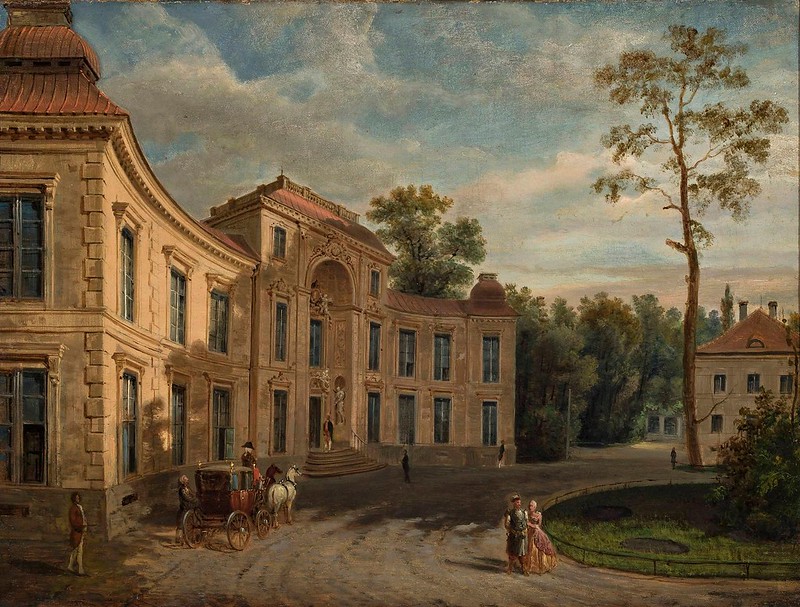Johann Benjamin Gross (1809-1848)
- Sérénade (en ut majeur) pour le Violoncelle, Op.32 (c.1841)
Performers: Christophe Coin (cello); Yoko Kaneko (piano)
Further info: Ballade Romantique
---
Polish composer. Son of a bell ringer, he studied cello in Berlin with
Ferdinand Hansmann. From the age of 15 he played at the Royal Town
Theatre, where he met the famous solo violinist Ferdinand David. It was
also at this time that he started launched his career as a travelling
virtuoso player. In 1832 he embarked upon Leipzig where he gave numerous
concerts at the Gewandhaus. There, he met Friedrich and Clara Wieck,
followed by Robert Schumann, with whom he stayed in vague contact, and
performed with Felix Mendelssohn Bartholdy. He was also friendly with
Henriette and Carl Voigt, influential arts sponsors as well as the
cellist Andreas Grabau. During this period Gross wrote his first
significant compositions. He presented it, accompanied by Clara Wieck on
the piano, at the birthday celebrations of the editor, Hoffmann. It was
then edited in Leipzig in 1833 at Breitkopf & Härtel. That same
year, after having been invited by the orchestra of Magdebourg theatre
Gross, at the same time as his dear friend Ferdinand David, accepted a
new position as cellist in Baron Carl Eduard Von Liphardt’s private
string quartet in Dorpat/Tartu, succeeding Ciprian Friedrich Romberg.
Alongside the intense work that the quartet imposed on him he conducted a
male voice student choir in the area. Following the dissolution of the
Liphardt quartet in 1834, Gross set off for an international tour for
several years and established himself from 1837 in Saint Petersburg.
Here, he found himself in ferocious competition with others cellists
such as Carl Eduard Schuberth, Cyprian et Heinrich Romberg and quickly
obtained the position of court chamber musician at the Russian Imperial
Court, as well as teacher in the school. In the end he also became the
summer teacher of the Emperor’s son, the Great Duke Michael Nikolaevich.
He performed in the residential town of the Imperial Family with the
Albrecht brothers, Henri Vieuxtemps, and with other greats of his time.
He was only 38 years old when he died the 1st September 1848 to cholera,
leaving behind him a work essentially focused on the cello.

Cap comentari:
Publica un comentari a l'entrada